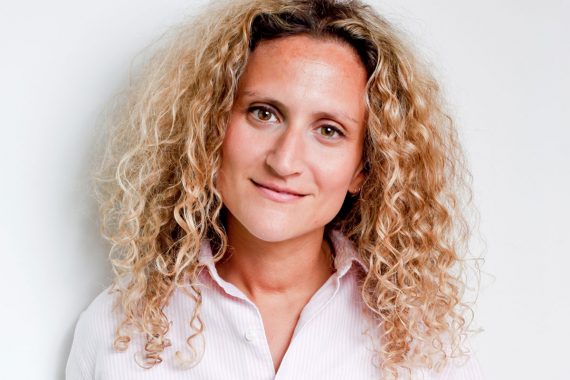Dr Ellie Cannon says a small number of patients cause a considerable burden for practices across the country due to their Amazon Prime mentality
I have worked at the same GP surgery for 15 years. I have a lovely group of patients who are loyal and respectful. They put up with a lot, from new systems to long waiting lists and cancellations.
In return, I hold the hands of my patients: I actively follow people up and remind them about their appointments. To a degree, I think we should this. But no one in the medical establishment will ever address the small elephant in the room, which is that our patients have responsibility within the system – and sometimes, their behaviour can have an adverse impact on it.
This was incredibly stark to me on the Thursday before the Spring Bank Holiday in May. I was the only GP on call and had around 40 prescriptions to sign. I don’t have a problem with signing prescriptions, but around five of them said, ‘Patient needs urgently, going on holiday tomorrow’. So, as a GP, I’m expected to prioritise something for patients that they haven’t even bothered to prioritise themselves.
Now, it’s only a tiny percentage of people who behave like this. But given how many people we look after it only takes a tiny percentage for there to be a considerable burden. This isn’t at all helped by the medical establishment’s argument that patients who want to see a doctor about a trivial problem will actually present with something else that is of a much more serious nature.
I understand the idea of a door-handle consultation, and I’m very liberal and patient-centred. But rarely are the people who are phoning up because they have had diarrhoea for a couple of hours phoning up about something else; they are phoning up because they have had diarrhoea for a couple of hours. They are not phoning up because they can’t afford Imodium or can’t access a pharmacy.
Yes, there are people who are disadvantaged and vulnerable. These people may not be able to afford Imodium or access a pharmacy. But I’m not talking about these people; I’m talking about the people who can do all of these things who still do not treat the system as they should. There is a huge lack of common sense, and I hoped that after the Covid pandemic there would be an improvement in health literacy, even just in terms of how you treat a virus. To me, the pandemic seems to have made things worse, and it has undermined the trust between doctors and patients.
I think it all boils down to a change in the psyche of the country. The generations of people we are looking after have never known anything other than free healthcare; whereas those over the age of 75, who used to form the majority of our patients 20 or 30 years ago, remember what it was like to not have the NHS. These days, everyone knows they get everything for free, and this outlook has been made worse by a culture of Amazon Prime patients who want things five minutes ago.
Unfortunately, it seems people have less respect for other people and public institutions. As a result, there is a bit of a mismatch between what people expect from the NHS, and what it can realistically provide. And as a medical group, we are very reluctant to address this issue.
I think GPs should have the power to say to patients who are phoning up about trivial things that it is an inappropriate use of NHS services. We have created a nanny state, and we need to move these patients away from being too reliant on their GP surgery.
Dr Ellie Cannon is a GP in London and a TV doctor
Pulse October survey
Take our July 2025 survey to potentially win £1.000 worth of tokens















